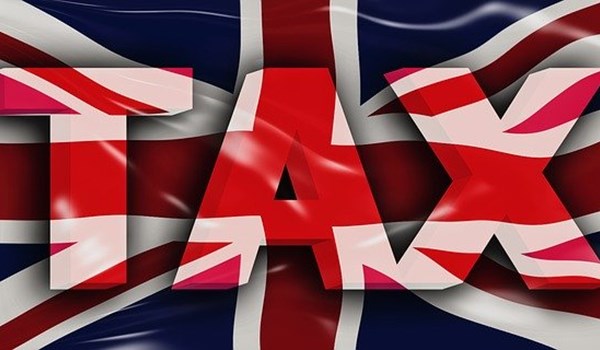Jurisdictions
Regions
Industry Sectors
11/11/20
UK: HMRC Tax evasion watch list surges 30%.

As published on accountancytoday.co.uk, Tuesday 10 November, 2020.
The number of individuals on HMRC’s tax evasion watch list has increased by 30% in the last year, as the treasury becomes “much better” in identifying individuals it believes to have cheated the tax system.
According to research by UHY Hacker Young, the number of people on HMRC’s tax evasion watch list jumped to 4,800 last year, up from 3,700 the year before. Those suspected of evading tax currently face the possibility of being placed on the HMRC’s “Managing Serious Defaulters” programme.
The programme, which first launched in 2011 aims to stop serious tax evaders and avoiders by invasively monitoring their tax affairs for up to five years. When a taxpayer is placed on the scheme, HMRC can make unannounced inspections of their home or business or carry out “rigorous compliance checks” on any part of their tax affairs without any warning.
Some individuals are also required to submit additional documentation alongside future tax returns to ensure they are now complying with the law.
HMRC can also “name and shame” repeat offenders on a public list of tax defaulters. If the offence is serious tax fraud then HMRC will look to prioritise the prosecution of that individual.
Sean Glancy, VAT partner at UHY Hacker Young, said being placed on the deliberate defaulters’ programme is a “very unpleasant experience”, stating the HMRC can “watch your every move” for years on end.
He added: “The prospect of being ‘‘named and shamed’ online as part of the punishment only adds to the pain for people on HMRC’s watchlist. No-one wants to see their name published alongside the UK’s worst tax cheats and fraudsters.
“HMRC has become much better in recent years at identifying individuals it believes have cheated the tax system. The authority is now using big data and new technologies to watch people more closely than ever before, allowing them to focus on repeat offenders.”
An HMRC spokesperson told Accountancy Today:“ The vast majority of citizens pay their taxes but a small minority try not to and deprive our public services of vital funding.
HMRC take these cases seriously, using civil or criminal powers to penalise or prosecute evaders, and by monitoring high risk cases.”
HMRC launched the Managing Serious Defaulters programme (formerly known as Managing Deliberate Defaulters programme) in February 2011 to:
- deter known defaulters from returning to non-compliant behaviour
- effect a permanent shift to compliant behaviour
- deter potential deliberate defaulters
- reassure people who do pay their tax that HMRC does act against deliberate defaulters



